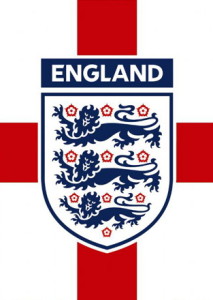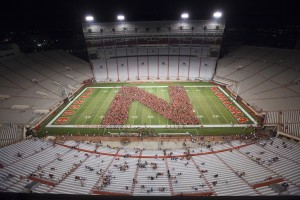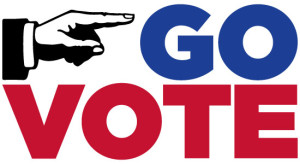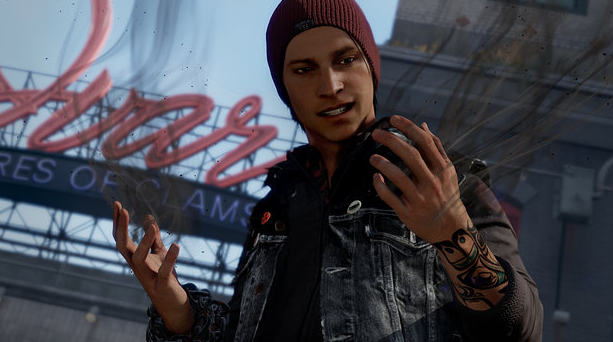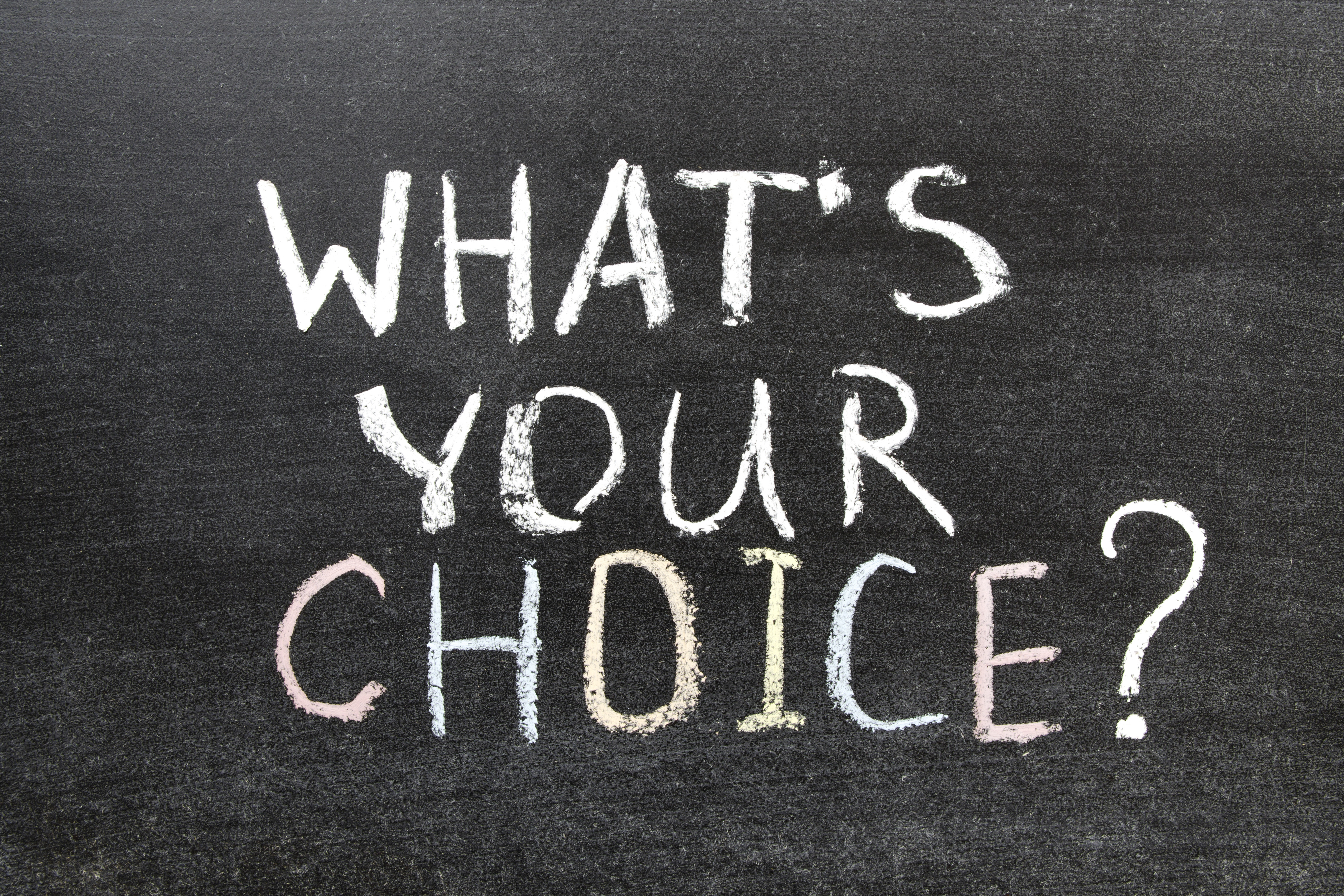To start things off, I’m going to be honest with everyone: I’m not big on sports. I wasn’t just the kid that got picked last for gym class, I was the kid who got a stomach ache so he wouldn’t have to play. I didn’t even have to fake the stomach ache I was so full of anxiety over having to run around kicking a ball or swinging a bat, so I ended up sitting on the sidelines while the other kids found joy in punting the ball into the scorehoop to get a touchgoal, or something to that effect.
That’s a joke, I know basic sports game terminology, I promise.
My sports experience beyond my own depressing gym class moments lies entirely in the fact that I grew up in London, surrounded by adamant and enthusiastic fans of football, or as Americans call it, soccer. I lived in England for thirteen years and in that time I witnessed three World Cup games on the TV in my parents’ living room. I’m hazy on all the details after all these years, but one thing that stands out clearly to me is the knowledge that the entire city was watching England play. I remember my Dad opening the windows and my sister and I leaning out when England scored a goal. We could hear people cheering from our house, a sudden shift in a city that had gone essentially dead silent to watch this game.
It was a strange sensation, a kind of unifying force, especially for us, American expatriates living in a city that was so foreign despite having the same national language. We often felt displaced and out of place at school and at work, but those moments where England had a chance at the World Cup made us feel distinctly at home. Even my mother, the only person I know who’s less interested in sports than I am, watched the game with us and cheered at every goal.
Even though they didn’t win, in those moments, we were all England, and we were all proud.
It’s been eleven years since my family returned to the United States, but my dad still watches just about any sport he can get his hands on. My mother used to teach at the University of Nebraska and she and my dad would go to the games on Saturday using the season tickets she got as part of being faculty. When they couldn’t go, they’d give the tickets to friends or students. My Saturdays as an undergraduate were almost always spent at my parents’ house, doing laundry and keeping my Dad company while he watched the Huskers play.
I don’t watch sports, but I’m aware of them. As an undergraduate at UNL, keeping up with the score of the game on Saturday was something I often did almost out of self-defense, since the score of the game would affect everything in Lincoln, from the traffic to the drink specials to the demeanour of my professors. Now, as a Purdue student, I’m aware of the Big Ten games again, and even though I don’t watch them I get regular updates from my Dad when we talk on the phone. He knows I’m not particularly interested, but it’s something to talk about that we both know, we both understand.
I suppose that’s what’s got me reflecting on the nature of sports and play this week, particularly in the wake of the Cubs winning the World Series for the first time in 108 years. My interest in baseball is even smaller than my interest in football, American or British, but even I knew how important the World Series was this year. I have many Cubs fans in my class this semester, many colleagues who have shared stories of how this World Series victory has affected and uplifted them, their families. I may not understand their connection to this team specifically, but I understand the sentiment. I understand getting a text from my sister at one in the morning the night of the World Series asking me if I was watching the game because it was absolutely incredible. I understand listening to my Dad and his siblings yell at the TV over Thanksgiving during the Nebraska game.
Sports are simple and complex at the same time. They operate under principles of play that I personally connect more with a video game than kicking a ball around, this idea of bringing people together. While my parents and their friends will gather to watch the World Series or the Superbowl, my friends and I will come together to play Mario Kart, will connect online to play hours of Diablo III, or get together for a game of cards. We play different things, but our motivations are similar.
This week’s semi-miraculous Cubs victory has me thinking about the state of our nation, about the fact that somehow this close to a presidential election that will change American history in one way or another, we paused in our fear and our confusion long enough to watch a few men hit a ball around a baseball diamond and claim a victory they had sought for over a century.
It’s something we do when reality becomes too much to handle, something distressingly common over the last year. We come together, in person or online, and we find a game. Sometimes it’s one we’re watching and guys are hitting or kicking or carrying a ball around. Other times we play the game ourselves, throwing around pixelated magic spells or shooting digital guns. Sometimes the game is a card game, a board game, a party game or drinking game, something to pass the time and keep us entertained.
Entertainment is valuable, I’d even say essential. American Colleges have an entire industry based around play, families come together despite their differences, and friendships ride or die based on the results of a round of cards. I’ve been playing and watching games in some capacity for my whole life, and the only thing I know for sure about them is that the way they can bring people together matters. It hasn’t saved the world, hasn’t stopped us from fighting wars or becoming mired in politics, hasn’t ended poverty or racism or sexism or injustice, but we still play. In some shape or form, we as humans carry on and find brief respite in our cards, our pixels, our teams. No matter how grim or bleak things become, we carry on, we fight to stay sane, and do our best not to give up.
In the darkest times, that’s about all we can do, and I don’t think I’m exaggerating when I call November one of the darkest times. The results of the presidential election will mean literal life or death for countless people in the United States. While America came to a standstill last week to watch the Cubs pull off something thought impossible, it will continue to be the country that faces the most important political decision of the 21st century on Tuesday.
Sports don’t seem relevant to the election, but I think they are. We take our play seriously here in the USA, start parades and riots over which team is better and which team is worse. We choose which universities to send our kids to based on the team attached to their names. We play darts and play cards to pass the time, play video games to reduce stress and relieve tension, integrate the intricate aspects of games into every facet of our lives.
The nation decides Tuesday November 8th. Let’s take this election as seriously as we took the World Series.

